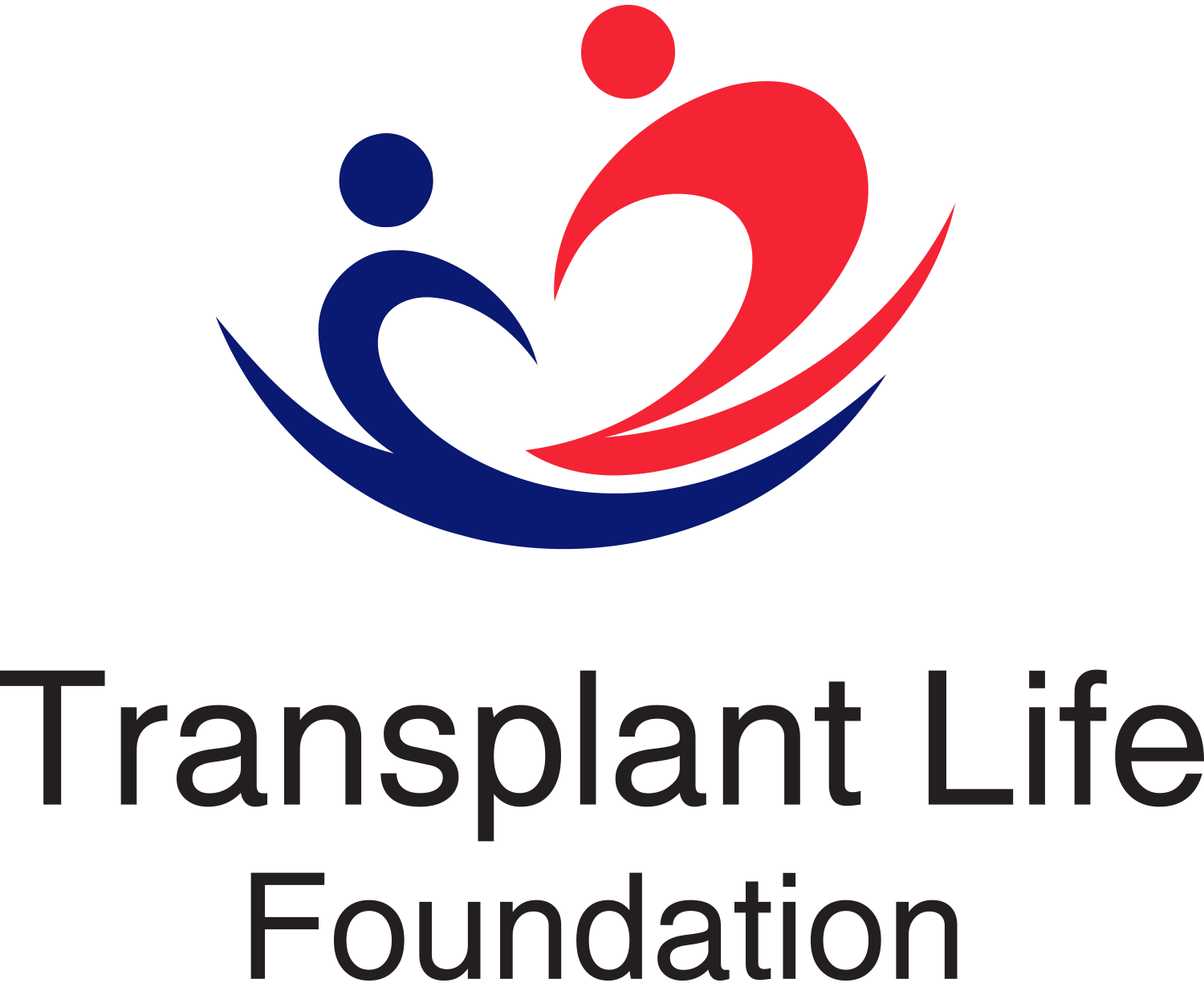
Reject limits on post-transplant care for patients
COALITION PARTNERS
Meet the Team
Restoring and protecting access to non-invasive diagnostic tests is vital
Non-invasive post-transplant diagnostics like donor-derived cell-free DNA (dd-cfDNA) and gene expression profiling (GEP) have become a standard of care for monitoring transplant patients offering earlier detection of rejection or injury to the transplanted organ, improving long-term outcomes, and reducing the need for invasive biopsies and hospitalizations.
New limits on non-invasive post-transplant testing coverage will delay diagnosing acute rejection events, putting transplanted organs and lives at risk.
“We found rejection through the diagnostic testing. Before there was any extensive damage to my heart. Medicare needs, I think, to take the bean counters out and listen to the doctors, and listen to the families who benefit from all this.”
- Eddie Garcia, San Jose, CA
It’s important to protect coverage for post-transplant diagnostics.
Non-invasive tests, like donor-derived cell-free DNA (dd-cfDNA) and gene expression profiling (GEP), offer early detection of rejection or injury to the transplanted organ, which can improve long-term outcomes
Clinicians must have the choice to utilize these diagnostic tests both in surveillance and for cause when they are determined to be medically necessary
It is critical that both Medicare and private payers must support comprehensive coverage for these tests, recognizing their clinical validity and importance to patients.
















